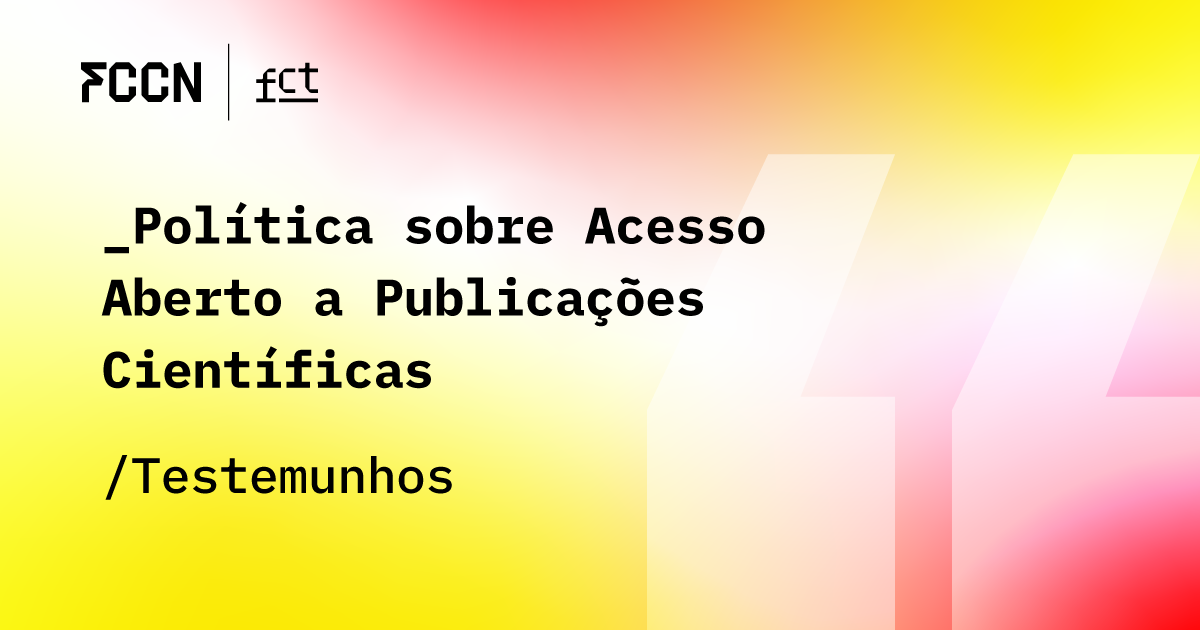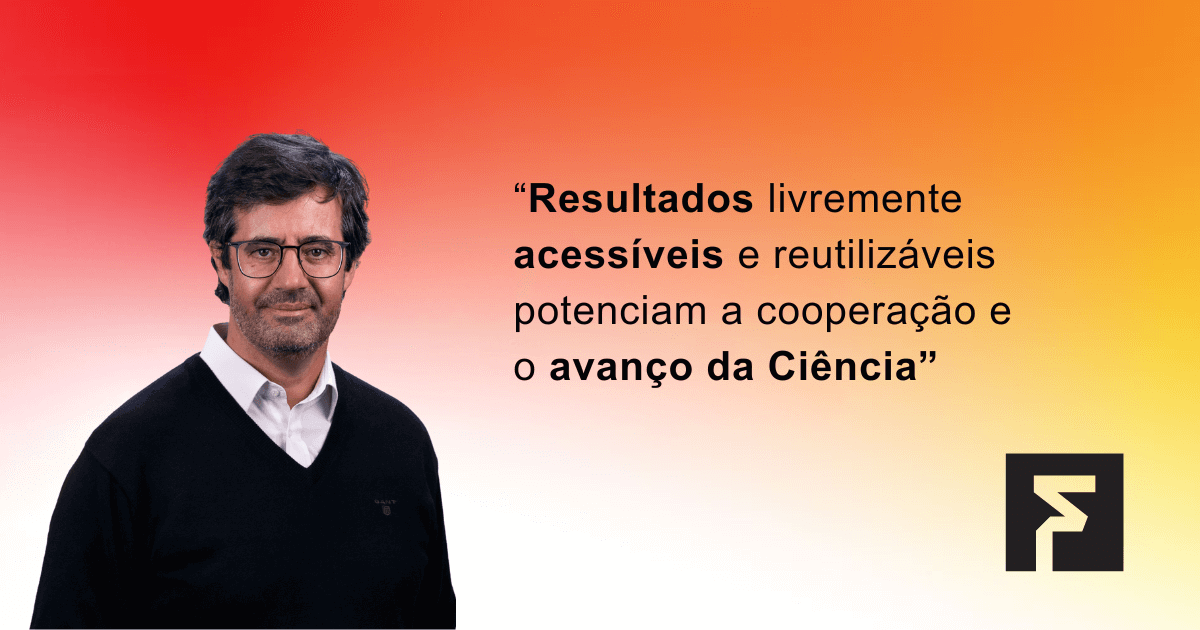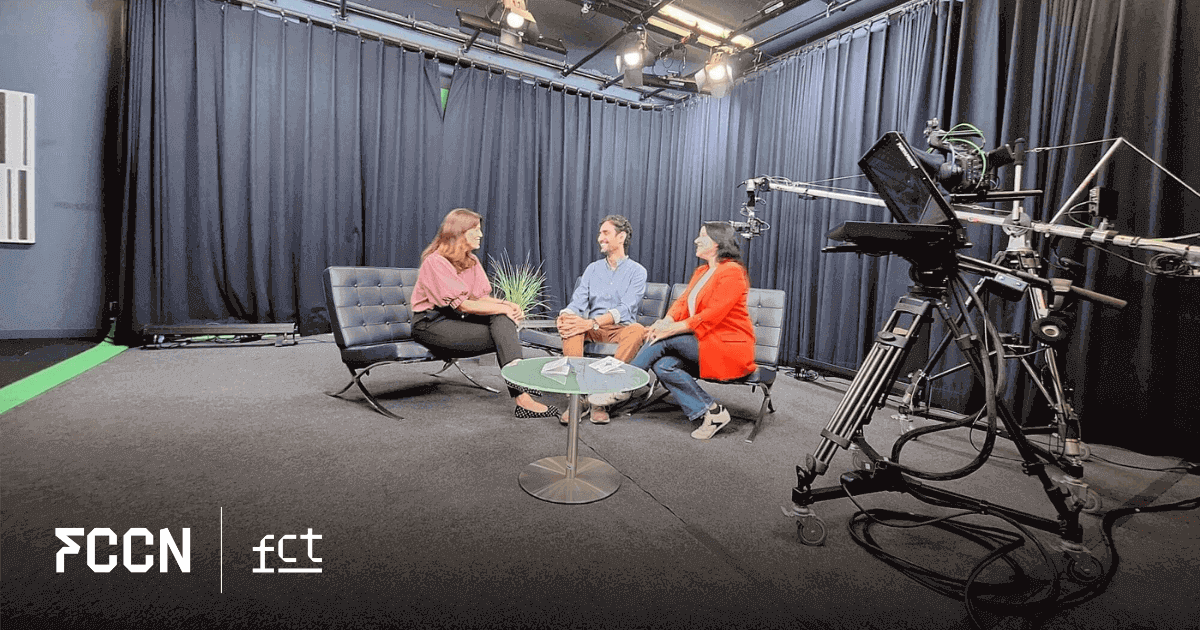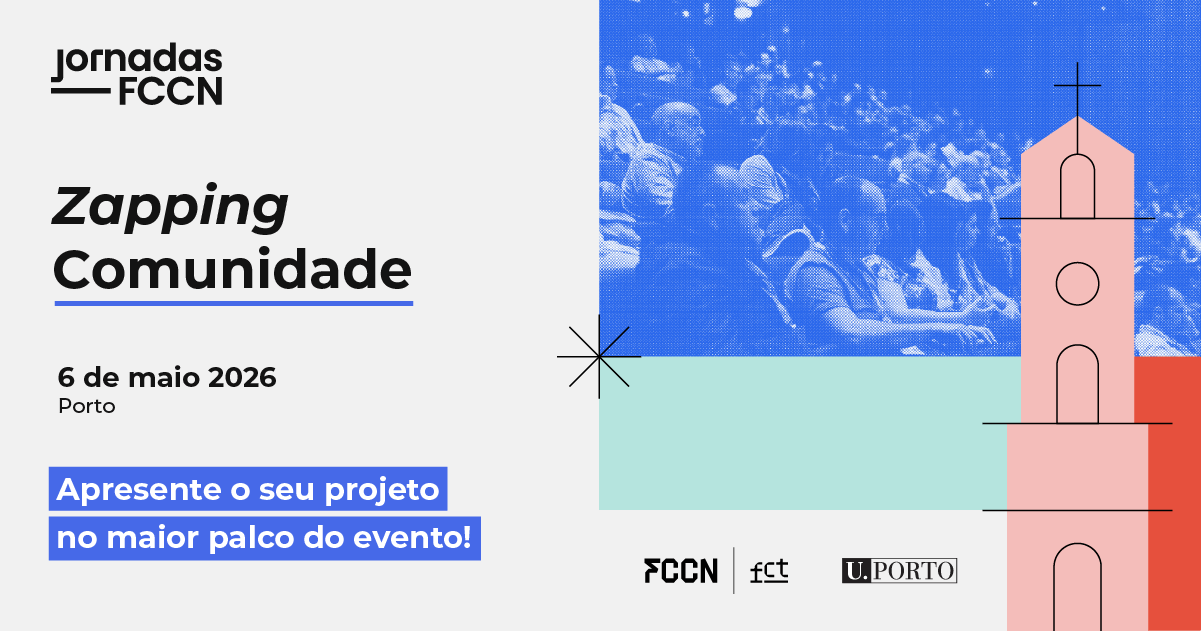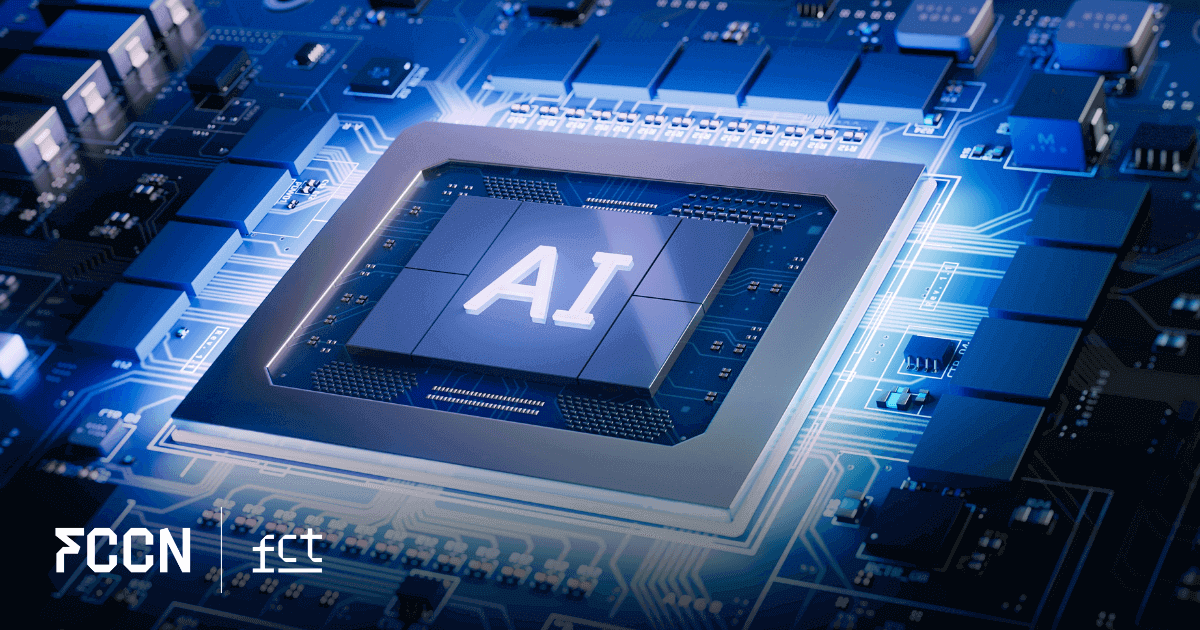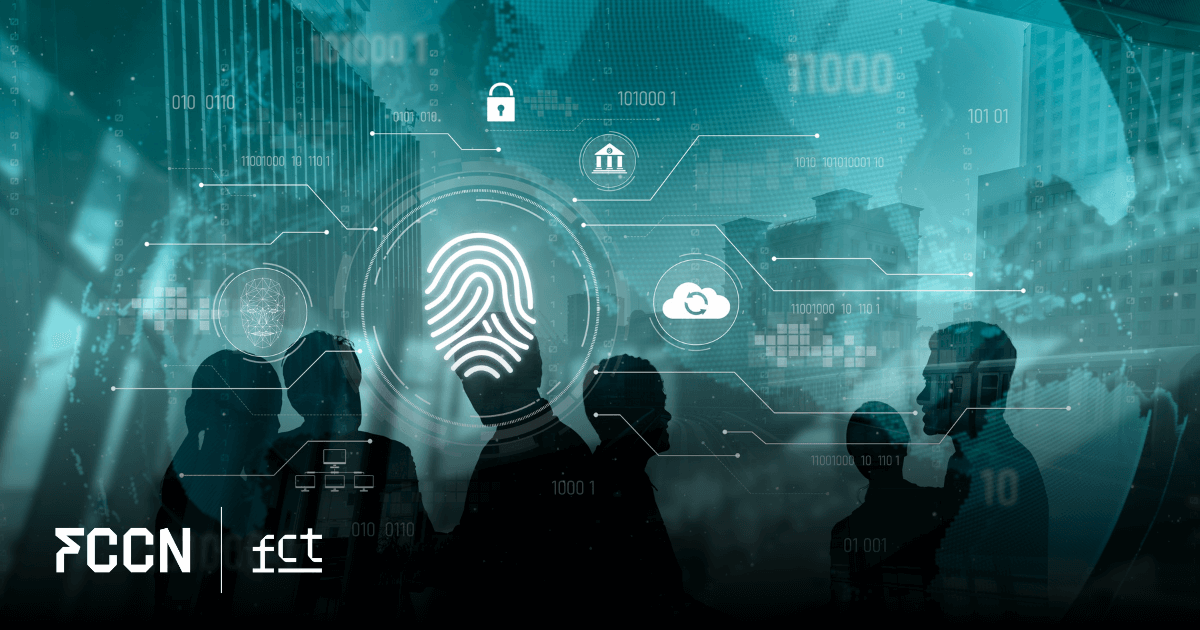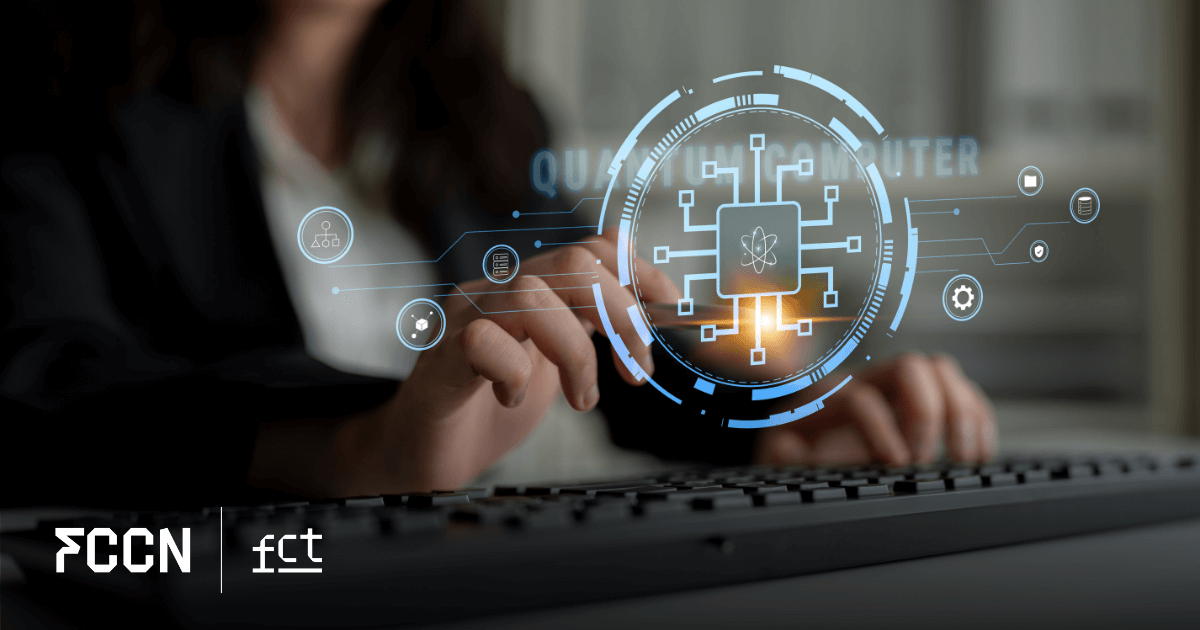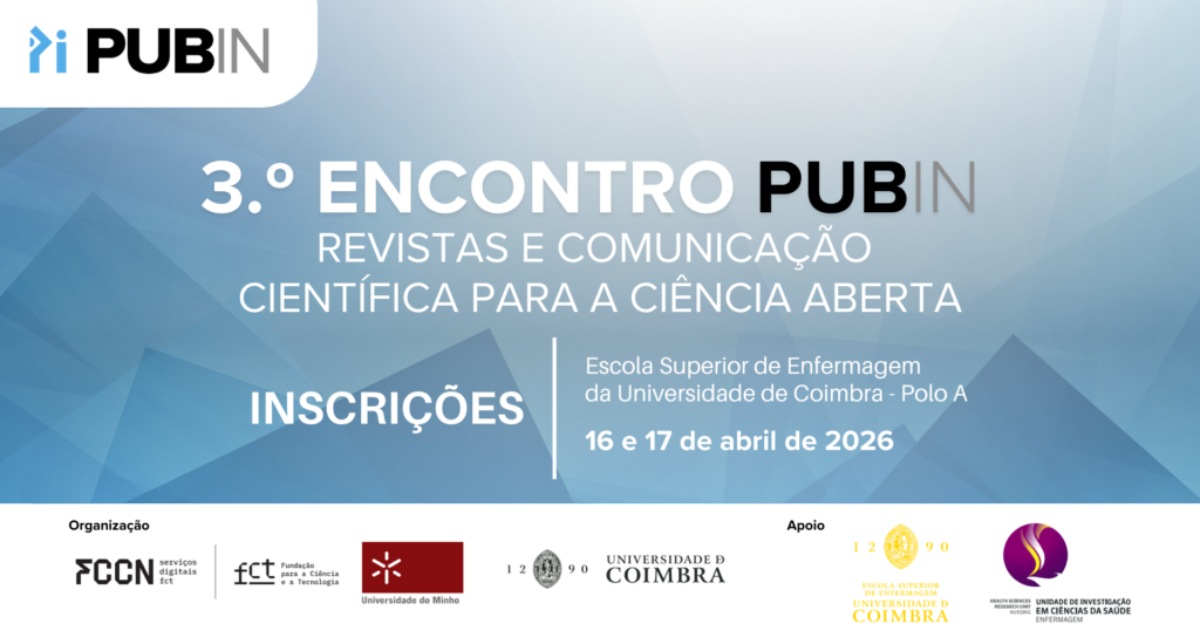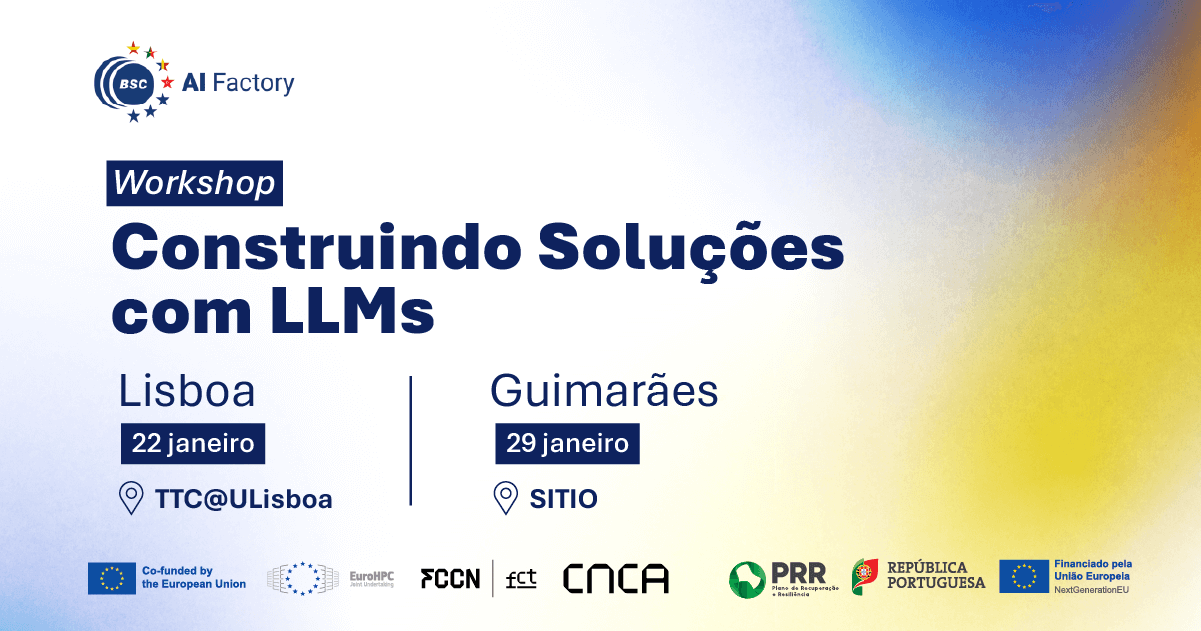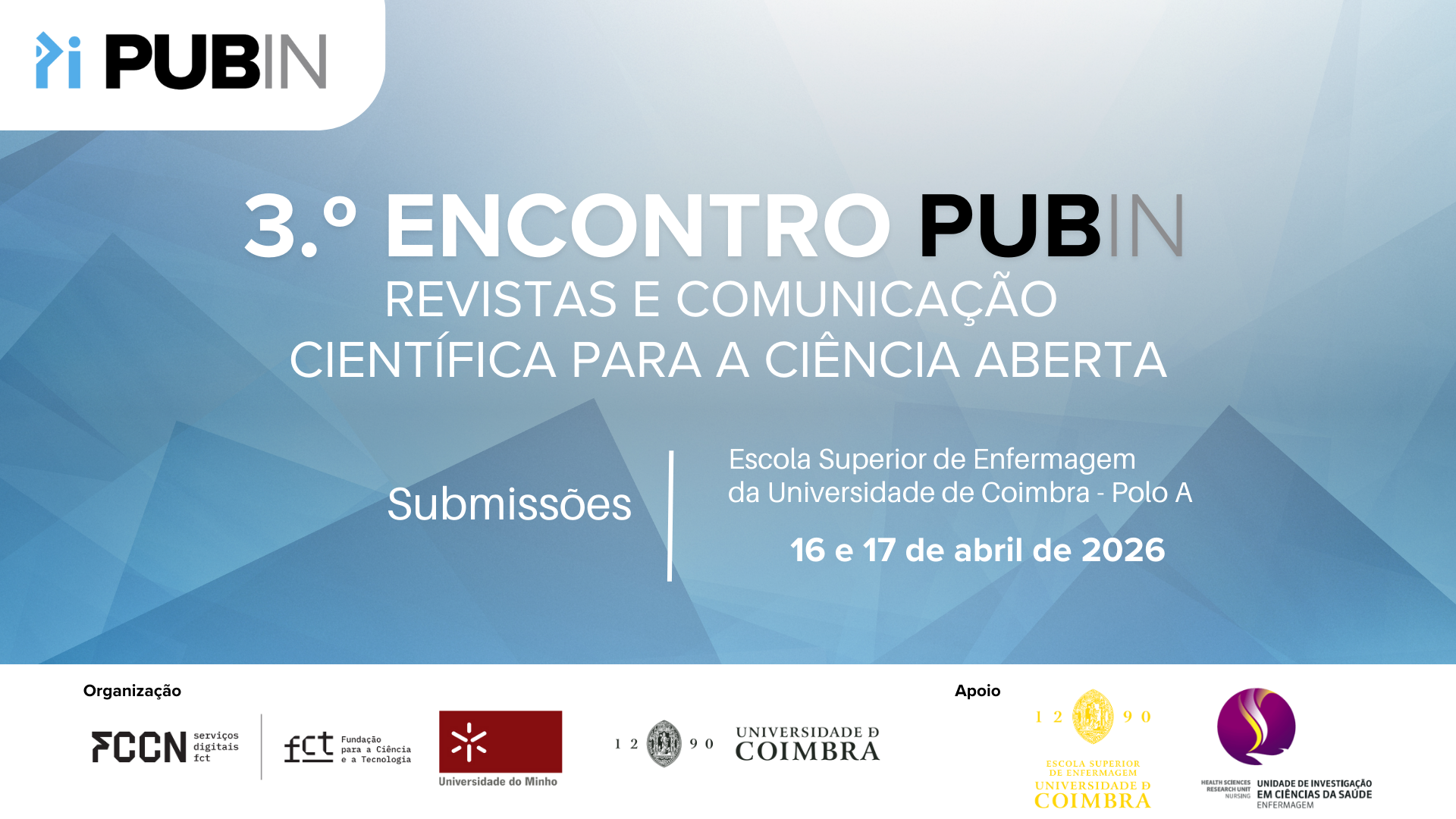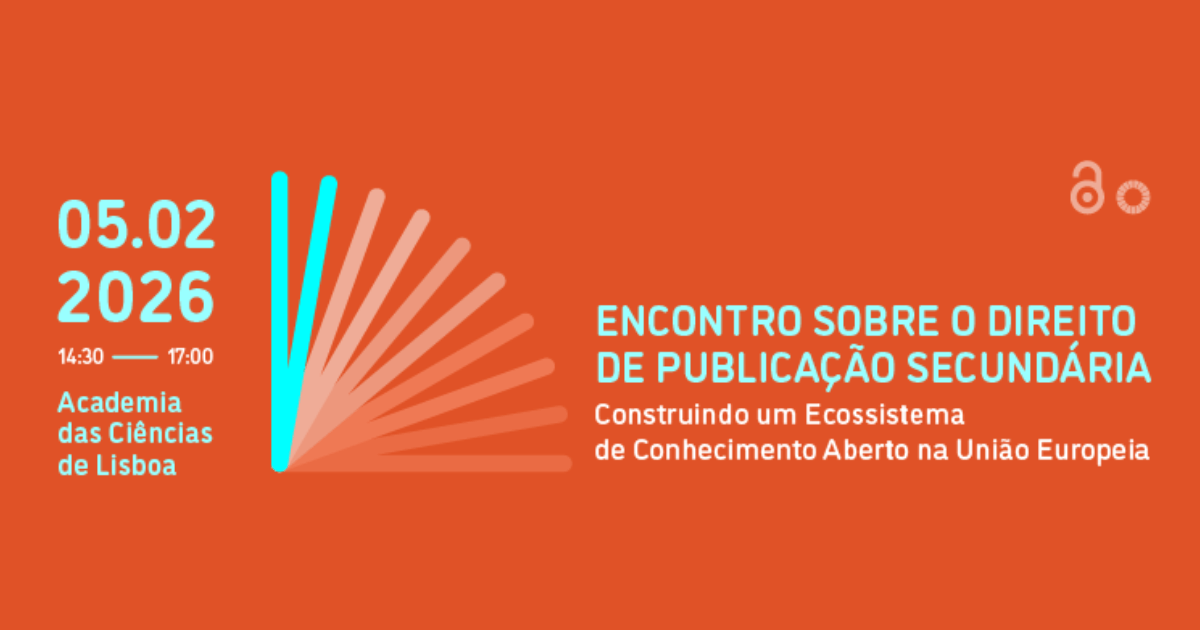Completing research also means ensuring that everything is organized, visible, and in compliance with formal requirements. It's often when time is short and deadlines are pressing that tasks such as formatting resumes, preparing repositories, or managing research data arise.
But it doesn't have to be a lengthy process. With the digital services of the Foundation for Science and Technology (FCT), developed by FCCN, it is possible to shorten the distance between results and their dissemination, without compromising quality.
These are some of the projects that make a difference:
Policy on Open Access to Scientific Publications
When reaching the end of the investigation, it is essential to ensure that the results are shared openly and in accordance with requirements.
THE Policy on Open Access to Scientific Publications, created by FCT, establishes the rules for this sharing, indicating that all publicly funded research must be made available in open access.
Knowing this policy allows you to anticipate requirements, avoid errors, and ensure that the dissemination of your work is legally and ethically compliant.
CIÊNCIAVITAE
THE SCIENCE VITAE allows researchers in Portugal gather, validate and share information about the academic career, scientific production, professional activities and research projects in a way centralized and standardized.
Thus, in the final phase of a research project, researchers can use CIÊNCIAVITAE to update their scientific CV with the results of their latest project, share articles or communications, and generate automatic reports required by funders, such as the FCT.
This tool also helps to transparently share the researcher's scientific journey with institutions or collaborators, as well as to prepare future applications, as the platform facilitates the reuse of data.
Polen
After a project is completed, it is common to be required to present a final data management plan or, in some cases, submit raw data as a requirement for publishing an article or submitting a report.
THE Polen is an rdigital repository that allows you to store and share data sets, as well as create data management plans required by funders and journals. It also allows you to save and share research data in a reliable repository, with a persistent identifier (DOI) and complete metadata.
Instead of spending time organizing local folders or juggling disparate platforms, you can use Polen to create a single point of access to data and ensure you meet all reproducibility, FAIR data, and open science requirements—even when you're on a tight deadline.
RCAAP
When you publish an article, a thesis, or a scientific paper, you want your work to be seen, cited, and preserved. RCAAP facilitates this process by allowing you to submit documents in a repository compatible with national and international standards.
By centralizing the results in a visible and validated repository, it avoids wasting time dealing with multiple portals, and ensures that the work is available in open access, with greater potential for citation, reuse and integration into networks with OpenAIRE.
PTCRIS
At the end of a project, you may need to update your CV, communicate results, submit reports, and even prepare new applications—all with the same information, repeated across different systems.
To the integrate scientific information systems into a coherent ecosystem, the PTCRIS reduces this effort to ensure that data entered into a platform, for example, in CIÊNCIAVITAE, are automatically synchronized with other systems, such as SARI, university systems, or funding portals. This avoids duplication and helps you keep everything consistent, even when deadlines are tight and the task volume is high.
NAU
If you want to transform your research results into formatting, or disseminate scientific content in a course format, the platform NAU allows you to create, host and share online courses in an accessible way.
Additionally, courses and training materials can be assigned DOIs (Digital Object Identifiers), ensuring their citation and integration into the academic and scientific ecosystem. This is an effective way to expand the impact and longevity of research results.
Completing an investigation can and should be simpler. With these tools, the path to publishing and sharing results becomes faster, safer, and more efficient. And every minute saved means more time to continue creating knowledge.

